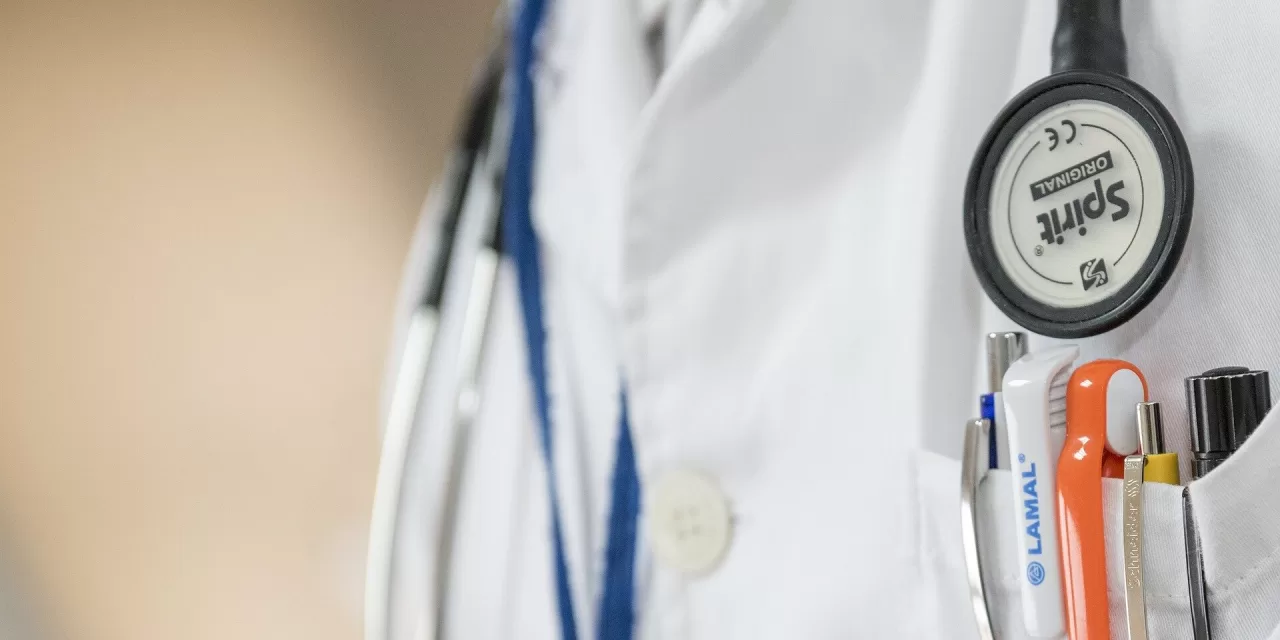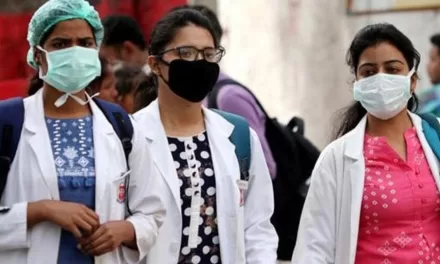New Delhi, India – A recent report submitted by a parliamentary panel has highlighted critical shortcomings within India’s postgraduate (PG) medical education system, raising concerns about the future of healthcare delivery in the country. The report, drawing attention to seven key areas, paints a picture of a system grappling with significant challenges, including a severe shortage of PG medical seats, faculty deficiencies, and infrastructural inadequacies.
The panel’s findings, detailed in the report, reveal a worrying disparity between the growing demand for specialized medical professionals and the limited number of PG seats available. This scarcity not only restricts the career progression of aspiring doctors but also exacerbates the existing shortage of specialists across various medical disciplines.
Furthermore, the report underscores the persistent issue of faculty shortages in medical colleges. The lack of qualified and experienced teaching staff compromises the quality of medical education, potentially impacting the skill sets of future medical professionals. The panel stressed the urgent need for measures to attract and retain qualified faculty members.
Infrastructure deficiencies were another major point of concern. Many medical institutions reportedly lack adequate facilities, including well-equipped laboratories, libraries, and clinical training spaces. This shortage of essential infrastructure hinders the practical training of PG students, limiting their exposure to real-world medical scenarios.
The seven key takeaways from the parliamentary panel report, as reported by Medical Dialogues, include:
- Acute shortage of PG medical seats: The number of seats is insufficient to meet the rising demand for specialized medical professionals.
- Severe faculty shortage: Medical colleges are struggling to attract and retain qualified teaching staff.
- Inadequate infrastructure: Many institutions lack essential facilities for effective training.
- Regional disparities: Uneven distribution of medical colleges and PG seats across the country.
- Quality of training: Concerns raised about the practical training and clinical exposure of PG students.
- Need for increased funding: The panel stressed the necessity of increased budgetary allocations for medical education.
- Regulatory reforms: Calls for streamlining regulatory processes and improving oversight of medical institutions.
The panel has recommended immediate and decisive action to address these challenges, emphasizing the need for increased investment in medical education, regulatory reforms, and targeted initiatives to improve faculty recruitment and infrastructure development.
The report serves as a stark reminder of the urgent need to strengthen India’s PG medical education system to ensure the availability of highly skilled medical professionals and to safeguard the nation’s healthcare future.
Disclaimer: This news article is based on information provided in the linked article. The information presented is for general knowledge and informational purposes only, and does not constitute medical or professional advice. Readers should consult with qualified healthcare professionals for any health-related concerns or before making any decisions related to their health or treatment. The content is subject to change based on further developments and official announcements.












